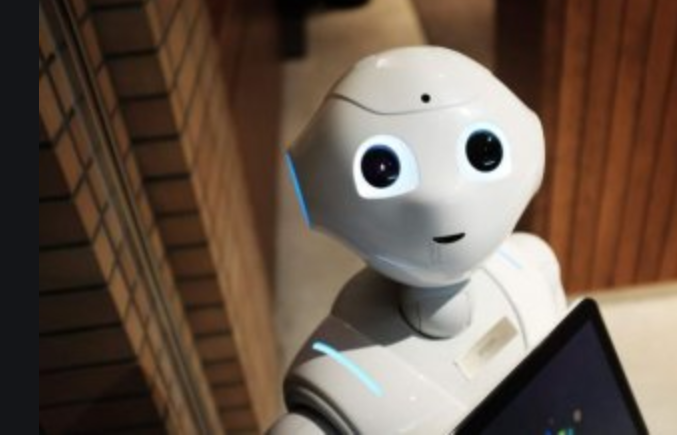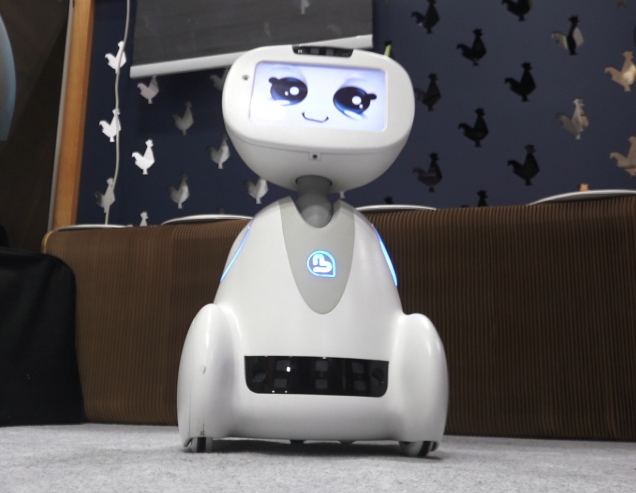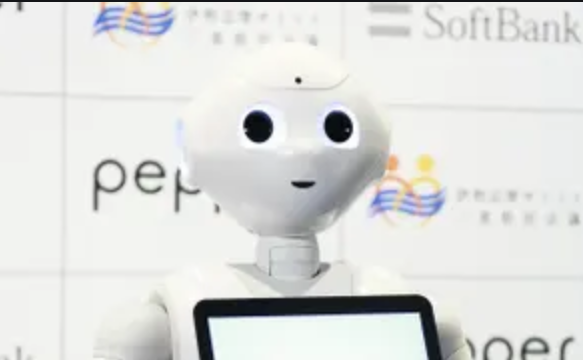Social Robots
What are Social Robots?Created by engineers, social robots are
autonomous robots that are designed to interact with humans and
other robots. They are considered artifical AI systems, and follow
their designated social roles. Some of the most popular social robots
include hitchBOT(a hitchhiking robot), Kismet(an interactive robot),
Tico(an educational robot), Bandit(a robot that teaches social
behavior to autistic children), and Jibo(a consumer-oriented robot).
As technology improves, they are expected to gradually play more
prominent roles in the industries of healthcare, retail trade, education,
accommodation and food services, arts and entertainment, social work, and
information and communication. Click Here!
|
 |
Pros and Cons of Social RobotsThe pros of social robots are that they
complete tasks with speed, consistency, and perfection, are designed
to work in harsh environments, can be used when human safety is a
concern, can be a good companion for the young, elderly, and disabled,
and can be utilized in educational activities, household activities, and
customer engagement. The cons of social robots are that they lack emotion
and reasoning since they aren't human, are unable to respond to situations
that they are not programmed for, are costly to maintain, may experience
hardware malfunctions and failures, and may lead to an increase in unemployment,
as they are capable of completing multiple jobs in various industries.
Click Here!
|
 |
Additional/Interesting Facts about Social RobotsOne intriguing fact about social robots is that they may
evolve over time and eventually become childrens' teachers. Another interesting
fact about social robots is that these robots are beginning to become companion
toys for kids. In addition, social robots that carry out services are more likely
to be female. Furthermore, social robots can communicate with each other in ways
that are impossible for humans.
Click Here!
|
 |